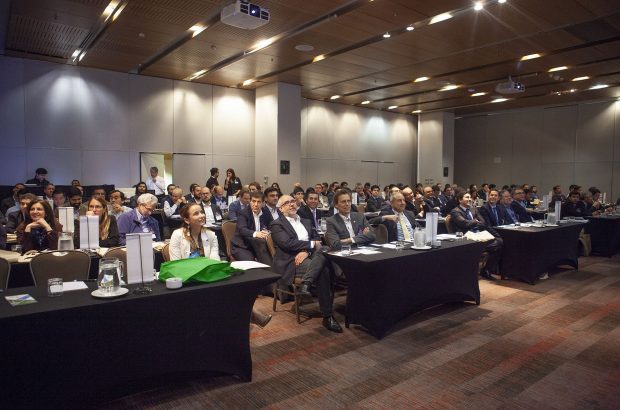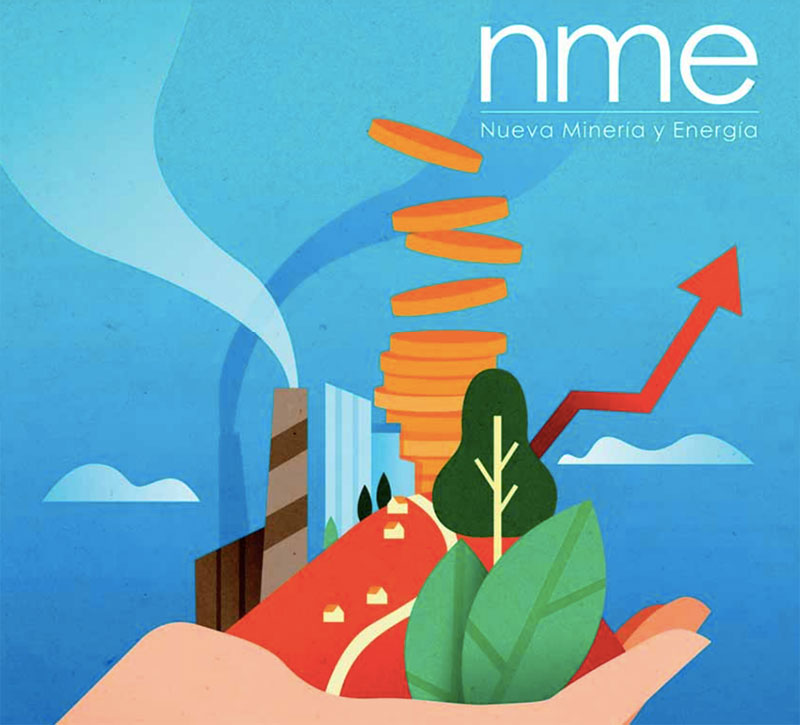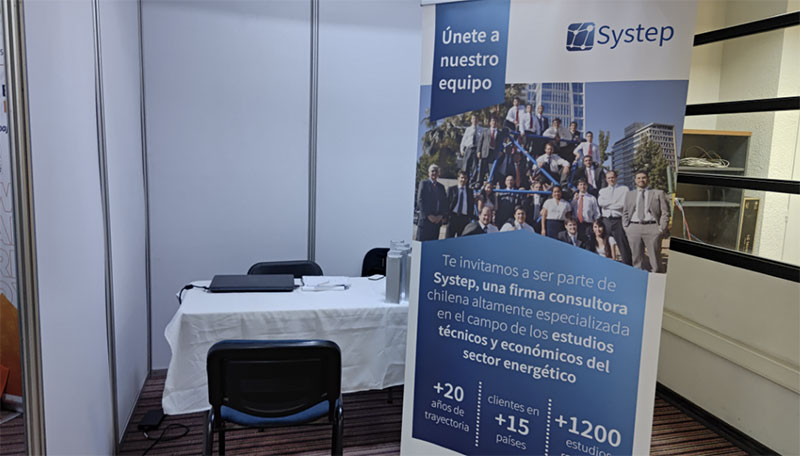
These points were raised at the Cigré seminar, where the validity of the sector’s Law was analyzed, which also contemplates the possibility of incorporating flexible solutions for electricity transmission.
Open access and use of facilities to be addressed in miscellaneous transmission bill
Open access, the use of flexible and efficient facilities and solutions are the focus of the miscellaneous law prepared by the Ministry of Energy. to improve the current transmission regulations (Law 20,936), where the idea is not to make fundamental changes to the regulatory framework, but to address some aspects.
This was stated by the Minister of Energy, Susana Jiménez, during the seminar “Changes in electricity transmission and distribution regulation”, organized by the Chilean committee of Cigré at the Intercontinental Hotel, where Law 20.936 was evaluated after two years in force, in addition to reviewing the progress of the reform work in the electricity distribution segment.
Enhancements
According to Minister Jiménez, “our objective is not to modify the guidelines on which the concepts that were finally embodied in the legal initiative were built, as we believe that the time that has elapsed is too short to make fundamental changes and to deeply respect the work that is based on consensus”.
In any case, the authority mentioned that elements of the regulations “that have opportunities for improvement have been identified, so we are designing a legal initiative to improve the transmission system that includes these grey points or those that have had difficulties to be applied, and allow us to provide greater clarity to each market participant”.
Marcelo Mardones, head of the Legal Division of the Ministry of Energy, explained that one of the difficulties encountered in the current Transmission Law is the mechanism for connecting projects to the networks, which is related to the duration of the expansion plan processes, which extend beyond one year.
Another point indicated by the professional is the use of facilities for different purposes, in order to “make the use of the electric transmission infrastructure compatible with other services of a different nature, such as telecommunications”.
The need to incorporate the “recognition of flexible and efficient transmission solutions” was also mentioned, which contemplates the possibility of carrying out works that have already been decreed, which could be modified, suspended or even eliminated”, as well as solutions to periods of time “in which long-term works have not yet been implemented to allow eventual transmission congestions to be solved in the short term.
For Ramón Galaz, general manager of Valgesta Energía, there is room for improvement in the definition of the transmission systems stipulated in the current Law, because “the transmission system should be a facilitator and should be as flexible as possible so that this market allows more competition”.
Distribution
In the second module on “New regulation in electricity distribution”, Sergio Barrientos, Cigré’s director, presented the organization’s recommendations to advance in the reform of this segment, highlighting the possibility of incorporating complementary services in the sector.
Rosa Serrano, Director of Studies at Empresas Eléctricas A.G., said that the priority is to improve service standards, which was shared by Pedro Miquel, Director of Systep, who added that the incorporation of new technologies will contribute to achieving this objective.



